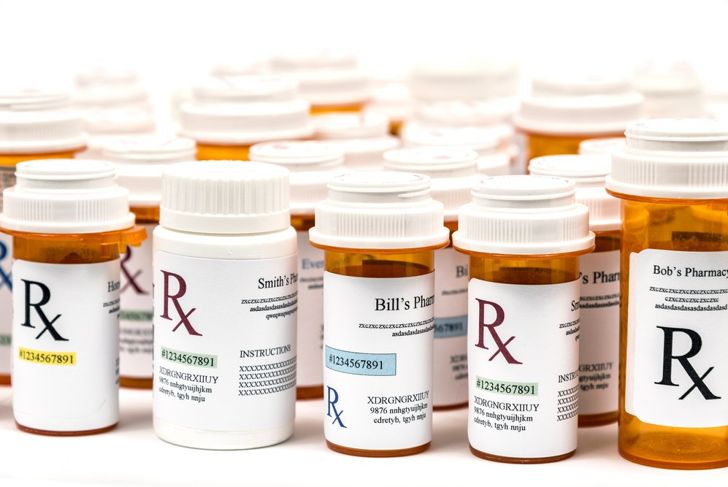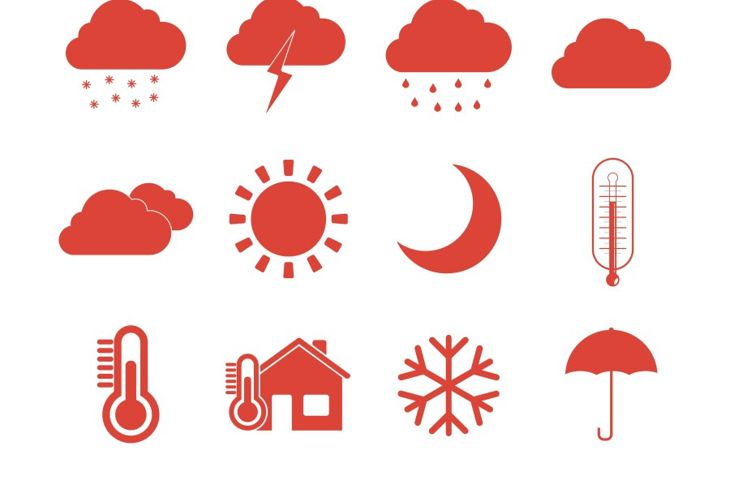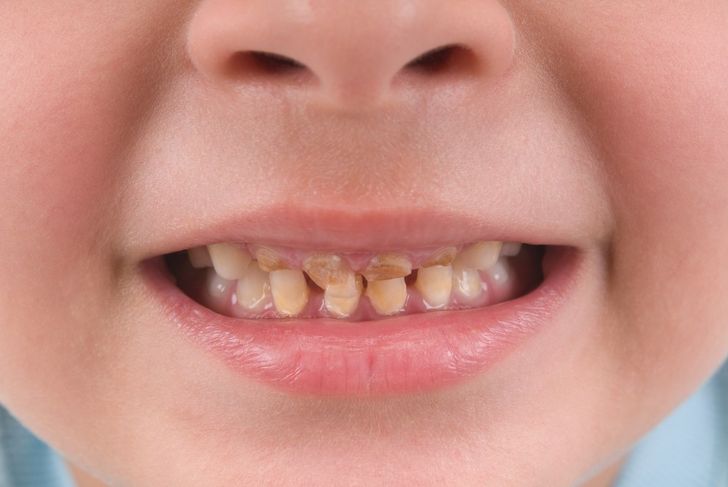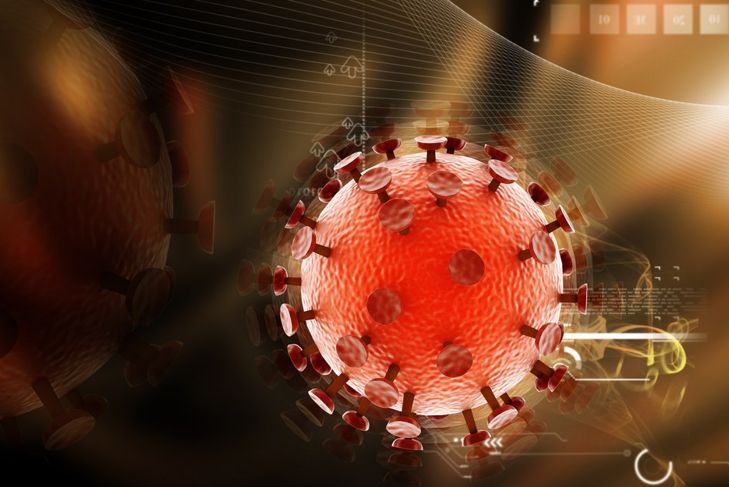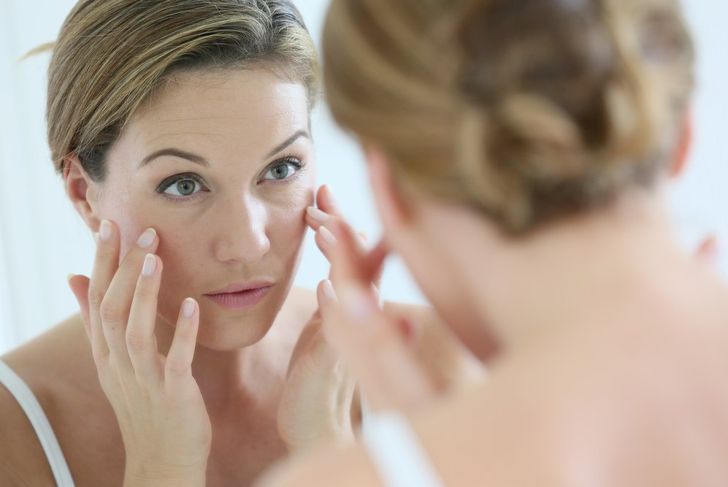Dry mouth or xerostomia is the sensation of dryness or parched skin on the tongue and roof of the mouth. The condition is usually caused by a lack of action from the salivary glands, which may be responding to a variety of stimuli. Apart from the general discomfort of a dry mouth, a lack of saliva is not good for overall health. Saliva helps in the digestive process and the prevention of bacterial and fungal growth in the mouth.
Medications
Many medications can contribute to dry mouth. Among the most likely drugs to cause the condition are muscle relaxants, sedatives, and antihistamines. Prescriptions that treat nerve pain, high blood pressure, and depression can also result in dry mouth. Even drugs for treating neurological diseases can have this effect. In addition to increasing fluids, it is important to report this side effect to a doctor.
Cancer Therapy
Chemotherapy can damage the salivary glands and thereby affects the amount of saliva the body produces. In addition, chemotherapy also makes the saliva thicker, further creating the feeling of dry mouth. Damage primarily stems from harsh therapeutic radiation directed to the neck and head during the treatments. Most people who experience dry mouth for this reason should find the symptom passes once chemotherapy is complete, as long as the cancer has not directly affected the mouth.
Dehydration
Lack of fluids can result in dehydration and thereby dry mouth. Dehydration causes thirst, low blood pressure, dry mucous membranes, and little or no urination. When the body senses it is becoming dehydrated, it may stop providing fluids for functions like saliva in order to retain as much as possible for more essential processes. Mild dehydration requires increased fluid intake, while more severe events may require hospitalization and IV treatment with fluid and electrolytes.
Weather
Weather conditions such as low humidity and high winds can cause abnormal dryness in the mouth. In drier weather, individuals may begin breathing through their mouths more often, which causes the mucous membranes to dry up. Many people experience dry mouth during winter as the humidity reduces and the air becomes drier. Moisture from the body evaporates more quickly, which causes further dehydration across the whole body. Indoor temperatures such as a continually running furnace or air conditioning can have the same effect.
Diabetes
People with diabetes commonly experience dry mouth. In fact, extreme thirst and feeling of dryness in the mouth can be a telltale sign of both type 1 and 2 diabetes. This happens because of increased blood sugar levels in the body. Uncontrollable diabetes can cause loss of fluids and inadequate saliva production. As the mouth loses moisture, both dry mouth and difficulty swallowing can develop.
Tooth Decay
High-sugar diets and poor oral hygiene are the main causes of tooth decay. Continual decay interferes with the production of saliva in the mouth, causing a chronic condition that becomes a cycle: decay reduces saliva, the lack of which allows bacteria to remain in the mouth, exacerbating decay. Saliva helps keep the germs away from the gums, and therefore without enough saliva the mouth becomes dry, and the teeth weaken.
Autoimmune Diseases
Autoimmune diseases such as Sjogren’s and Crohn’s disease cause persistently dry mouth and nose. These diseases attack the salivary glands and limit saliva production. Such diseases may take years to become prominent. Other autoimmune diseases, including lupus and MS, can contribute to dry mouth as well.
Aging
Aging does not necessarily cause dry mouth. However, conditions that are more common in mature men and women may contribute to the condition. Medication and other treatments older adults are more likely to undergo can cause dry mouth. Menopause may also contribute to a reduction in saliva production.

 Home
Home Health
Health Diet & Nutrition
Diet & Nutrition Living Well
Living Well More
More